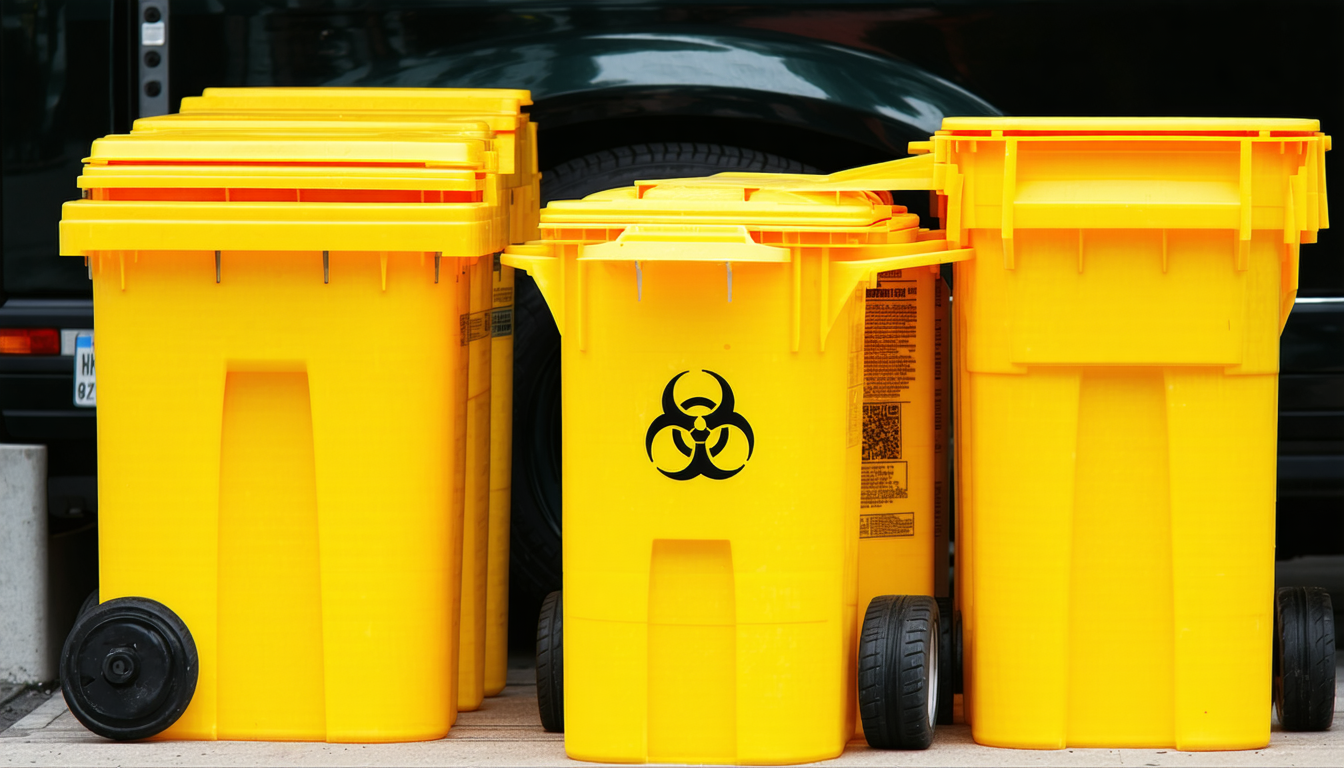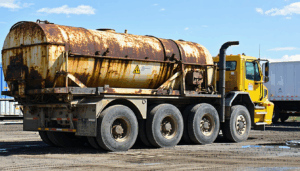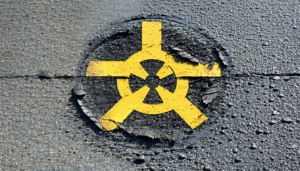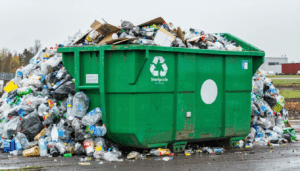In the United States, the safe handling and disposal of biohazard waste have become critical public health and environmental concerns. From hospitals to small clinics, businesses, and even households, the need for proper biohazard waste disposal near me is more pressing than ever. This article explores the latest developments in biohazard waste management, including regulatory updates, local service options, and their impact on communities. With growing awareness of health risks tied to improper disposal, understanding how to access reliable services is essential for safety and compliance.
Understanding Biohazard Waste and Its Challenges
Biohazard waste includes materials like used needles, contaminated gloves, blood-soaked bandages, and other items that pose a risk of infection or disease. Improper disposal can lead to severe consequences, such as the spread of pathogens or environmental contamination. In the U.S., the Centers for Disease Control and Prevention (CDC) estimates that healthcare facilities alone generate over 5.9 million tons of waste annually, a significant portion of which is biohazardous.
The challenge lies in ensuring that this waste is handled by certified professionals who follow strict guidelines. Many individuals and small businesses struggle to find accessible solutions, often searching for “biohazard waste disposal near me” to locate nearby services.
Regulatory Updates on Biohazard Waste Disposal Near Me
Recent changes in federal and state regulations have tightened the rules surrounding biohazard waste management. The Environmental Protection Agency (EPA) and the Occupational Safety and Health Administration (OSHA) have updated guidelines in 2023 to enhance worker safety and environmental protection. For instance, new mandates require clearer labeling of biohazard containers and stricter tracking of waste from origin to disposal.
According to Dr. Emily Harper, a public health expert at Johns Hopkins University, “These updates are a step forward in minimizing risks associated with biohazard waste. However, local enforcement varies, which can confuse businesses seeking compliant disposal options.” These regulations underscore the importance of partnering with licensed providers who stay updated on legal requirements.
Impact on Communities and Businesses
The implications of biohazard waste mismanagement are far-reaching. For communities, improper disposal can contaminate water sources or expose residents to harmful pathogens. A 2022 incident in California, where improperly discarded medical waste washed up on a public beach, highlighted the urgent need for better systems.
For businesses, especially in healthcare, non-compliance can result in hefty fines—sometimes exceeding $50,000 per violation under OSHA rules. Small clinics and dental offices often lack the resources to manage disposal internally, driving demand for affordable local services. This has led to a surge in companies offering tailored solutions across the U.S., making it easier to find biohazard waste disposal near me.
How to Find Reliable Disposal Services
Locating a trustworthy provider is simpler than ever, thanks to digital tools and increased industry competition. Here are some practical steps to ensure safe disposal:
- Search Locally: Use online directories or search terms like “biohazard waste disposal near me” to find certified providers in your area.
- Check Credentials: Ensure the company is licensed by state health departments and complies with EPA guidelines.
- Compare Costs: Prices vary based on location and volume, with average costs ranging from $0.50 to $1.50 per pound of waste.
- Ask About Pickup Frequency: Some providers offer weekly or on-demand pickups, ideal for smaller facilities.
Many states also maintain public resources, such as hotlines or websites, to guide residents and businesses toward approved disposal options.
Future Outlook for Biohazard Waste Management
Looking ahead, experts predict that technology will play a larger role in streamlining biohazard waste disposal. Innovations like on-site sterilization units could reduce the need for transportation, lowering costs and risks. Additionally, growing public awareness may push lawmakers to fund more community drop-off points for household medical waste.
However, challenges remain. Rural areas often lack access to specialized services, creating disparities in safe disposal options. Balancing cost with compliance will continue to be a concern for small businesses unless subsidies or incentives are introduced.
In conclusion, the landscape of biohazard waste disposal near me is evolving with stricter regulations, better service availability, and technological advancements. Staying informed about local options and legal requirements is crucial for protecting public health and the environment. As this issue gains attention, both individuals and organizations must prioritize safe practices to mitigate risks.
Frequently Asked Questions (FAQ)
What qualifies as biohazard waste?
Biohazard waste includes materials contaminated with blood, bodily fluids, or pathogens, such as syringes, bandages, or lab cultures that could pose a health risk if mishandled.
How can I find biohazard waste disposal near me?
Search online using localized terms like “biohazard waste disposal near me,” check state health department websites, or contact local hospitals for recommendations on certified providers.
Is it legal to dispose of biohazard waste in regular trash?
No, it is illegal in the U.S. to dispose of biohazardous materials in regular trash due to health and environmental risks. Always use licensed services for proper handling.
What are the penalties for improper biohazard waste disposal?
Penalties can include fines up to $50,000 per violation under OSHA regulations, along with potential lawsuits or reputational damage for businesses.
This article provides a comprehensive overview of biohazard waste management, equipping readers with actionable insights to ensure safety and compliance across the United States.




